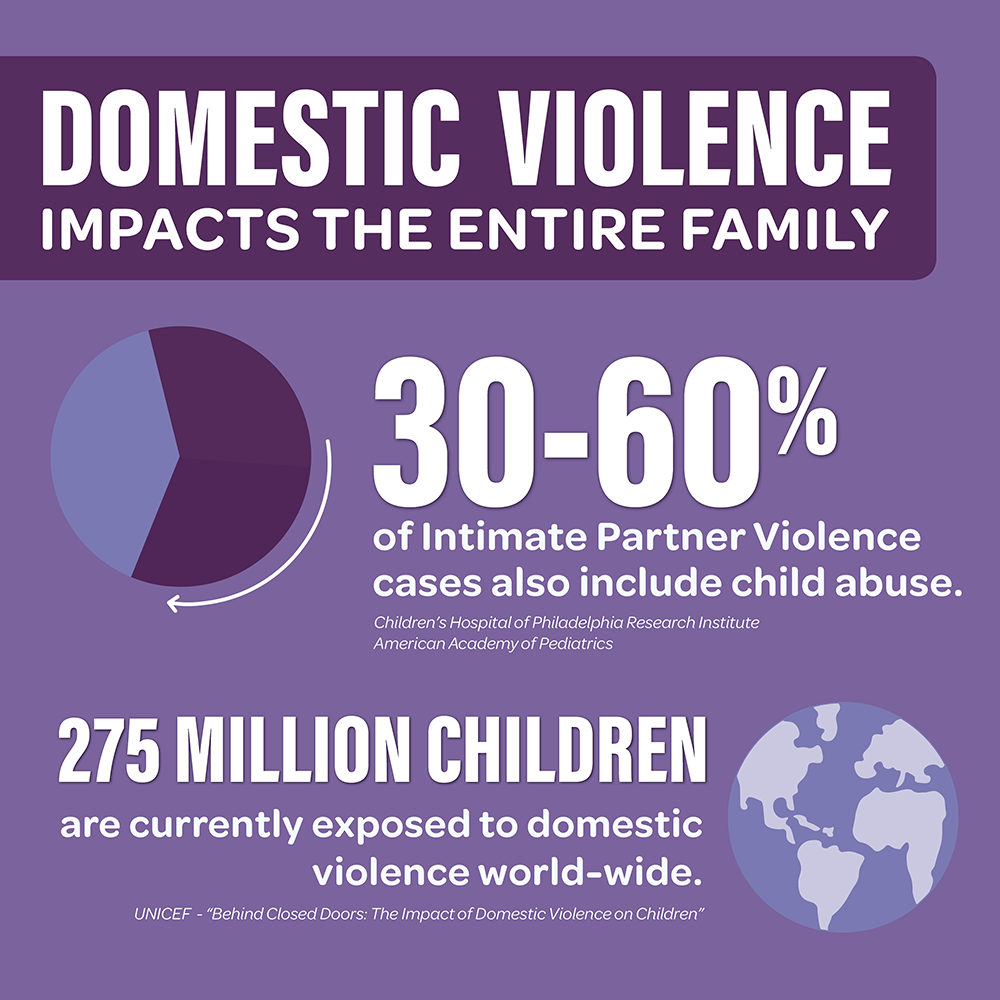Prevention and Intervention: Domestic Violence

Preventing and intervening in domestic violence requires a multi-faceted approach that addresses the root causes of abuse, empowers victims, and holds perpetrators accountable. This involves education, awareness campaigns, accessible resources, and a strong legal framework.
Education and Awareness Campaigns
Educating the public about domestic violence is crucial for fostering understanding, challenging societal norms that perpetuate abuse, and promoting healthy relationships. This can be achieved through:
- School-based programs: Incorporating age-appropriate lessons on healthy relationships, consent, and the signs of abuse in school curricula can equip young people with the knowledge and skills to identify and prevent violence. Examples include programs that teach conflict resolution, communication skills, and respect for boundaries.
- Community outreach: Organizing workshops, seminars, and public forums on domestic violence can raise awareness and dispel myths surrounding the issue. These events can provide information about resources, legal rights, and the different forms of abuse.
- Media campaigns: Utilizing various media platforms, such as television, radio, social media, and print media, to disseminate messages about domestic violence can reach a wide audience and challenge societal norms that normalize abuse.
Resources and Support Services
Providing victims of domestic violence with access to resources and support services is essential for their safety and recovery. These services can include:
- Shelters: Safe and confidential shelters provide victims with temporary housing, food, clothing, and emotional support. Shelters often offer additional services such as counseling, legal assistance, and job training.
- Hotlines: 24/7 hotlines offer immediate support and crisis intervention to victims experiencing abuse. They can provide information about resources, safety planning, and legal options.
- Legal aid: Legal aid organizations can assist victims with obtaining restraining orders, filing for divorce, and navigating the legal system. They can also provide legal representation in court.
- Counseling: Individual and group therapy can help victims process trauma, develop coping mechanisms, and build resilience.
Law Enforcement and the Judicial System, Domestic violence
Law enforcement and the judicial system play a critical role in responding to domestic violence. Their responsibilities include:
- Responding to calls for help: Law enforcement officers must be trained to recognize and respond appropriately to domestic violence calls. This includes ensuring the safety of victims, arresting perpetrators, and enforcing restraining orders.
- Prosecuting perpetrators: The judicial system must hold perpetrators accountable for their actions by prosecuting them effectively. This includes gathering evidence, pursuing charges, and imposing appropriate sentences.
- Protecting victims: The judicial system must ensure the safety of victims by issuing restraining orders, providing legal protection, and facilitating access to resources.
Intervention Programs
Various intervention programs have been developed to address domestic violence. The effectiveness of these programs varies depending on the specific approach, target population, and implementation strategies.
| Program Type | Description | Effectiveness |
|---|---|---|
| Batterer Intervention Programs (BIPs) | Group therapy programs designed to change the abusive behaviors of perpetrators. | Evidence suggests that BIPs can be effective in reducing recidivism rates, but effectiveness varies depending on program quality and participant engagement. |
| Couples Counseling | Therapy that aims to address communication and conflict resolution skills in abusive relationships. | Couples counseling is generally not recommended for abusive relationships, as it can be dangerous for victims and may not effectively address the underlying power imbalances. |
| Support Groups for Victims | Group therapy programs that provide emotional support, information, and resources to victims of domestic violence. | Support groups can be beneficial for victims in helping them cope with trauma, build resilience, and connect with others who understand their experiences. |
Domestic violence is a serious issue that affects millions of people worldwide. It’s important to remember that victims of domestic violence are not alone, and there are resources available to help them. While Skai Jackson, known for her role in “Jessie,” is a popular figure in the entertainment industry, skai jackson son is a reminder that even celebrities can face difficult situations.
It’s crucial to recognize the signs of domestic violence and to seek help if you or someone you know is experiencing it.
Domestic violence encompasses a wide range of abusive behaviors, including physical, emotional, and sexual abuse. A key aspect of understanding domestic violence is grasping the legal definition of “domestic battery,” which involves physical harm or offensive touching. To learn more about the legal and personal implications of domestic battery, you can explore the comprehensive resource on domestic battery meaning.
Understanding the legal framework surrounding domestic violence is crucial for protecting victims and holding perpetrators accountable.